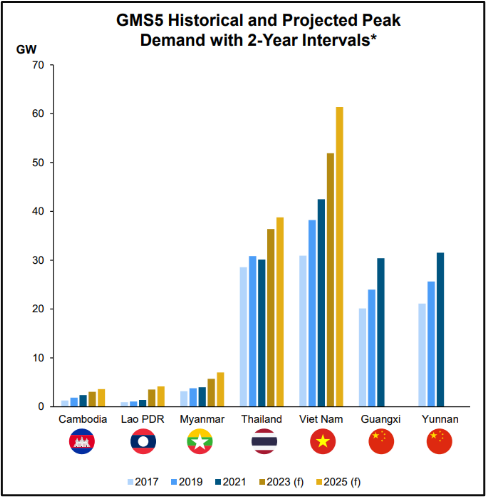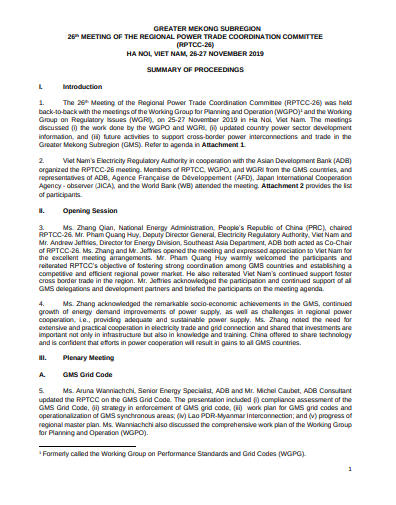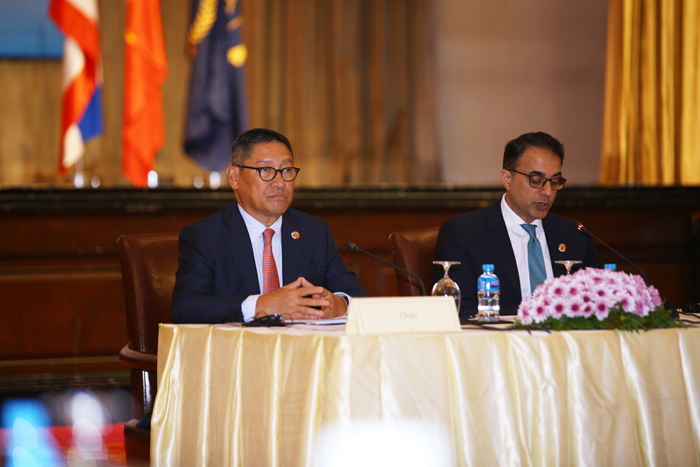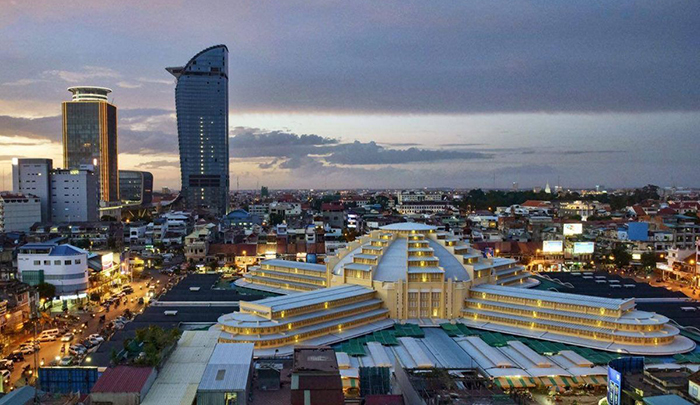26th Regional Power Trade Coordination Committee Meeting Held to Further Cooperation and Enhance Power Trade in the GMS
The 26th Regional Power Trade Coordination Committee Meeting was held to further cooperation and enhance power trade among members of the Greater Mekong Subregion (GMS) on 26-27 November in Ha Noi, Viet Nam. Hosted by Viet Nam's Electricity Regulatory Authority, participants included energy officials from GMS member countries and representatives of ADB and development partners.










